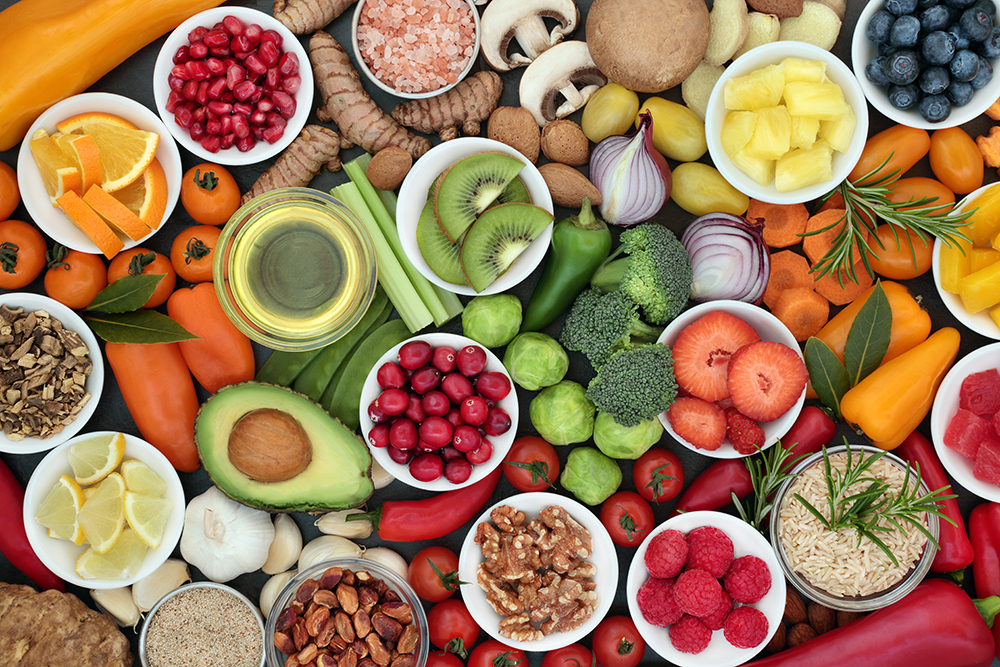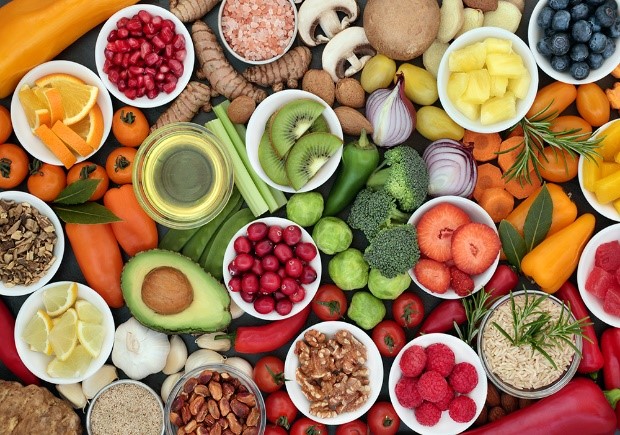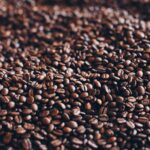Food Databanks (FDNC) produce and manage data that underpins UK diet study
You may have seen the recent news highlighting how the UK diet is changing. This comes from the publication of the latest National Diet and Nutrition Survey (NDNS), which analyses trends over time, and includes statistics such as children’s consumption of free sugars going down, fruit and veg intakes remaining static, and micronutrient intakes showing a downward trend. FDNC, based at the newly-built Quadram Institute Bioscience (QIB) in Norwich, have contributed to this by providing the core nutrient data to Public Health England (PHE).
While PHE is responsible for maintaining up-to-date data on the nutrient content of the UK food supply in order to support the NDNS, FDNC’s role is to update and compile this food composition via a programme of nutrient analyses of foods commonly consumed in the UK.

It is essential that we regularly update food composition data; the nutritional value of processed foods and dishes will change as manufacturer’s reformulate the type and amounts of ingredients leading to reductions in the amount of fat, trans fatty acids, saturated fat, sugar and salt. Additionally, new varieties or new sources of foods and new farming practices can affect the nutritional value of both plant and animal products.
Our methods of preparation and cooking in the home have also changed and can affect the nutrient content of foods consumed. As an example, in 1940 the nutrient content of Brussels sprouts was determined after boiling for 30 minutes, in 1984 for 15 minutes and in our most recent analytical survey we analysed the nutrient content of Brussels sprouts after just 4-10 minutes boiling.
FDNC’s most recent food nutrient analyses has fed into the UK Composition of Foods Dataset used for NDNS and includes: Fruits and vegetables with particular reference to fibre (added on 2011 and 2013); Eggs (added on 2013), showing that the composition of chicken feed and production methods may have affected the nutrient composition; Fish and fish products (added on 2013), reflecting the increasing range of commonly consumed fish and fish products and new species growing in popularity; a range of processed foods with reference to the reduction of trans fatty acids (added on 2013) and biscuits, buns, cakes and pastries (added on 2011). We are currently analysing selected pork samples in co-operation with Agricultural and Horticultural Development Board (AHDB) Pork and PHE in view of a wider red meat survey later this year.
FDNC has compiled and published the data in the ‘Composition of Foods Integrated Dataset’ (CoFID), covering 2,898 foods with nutrient data for energy, fat – including trans fats – protein, carbohydrate, fibre, a full range of vitamins, vitamin fractions, minerals, fatty acid fractions, phytosterols, and organic acids. It is this valuable data that underpins the newsworthy NDNS survey results especially in light of the changes in salt, sugar and dietary fibre values in foods.
Access to COFID is available free here








